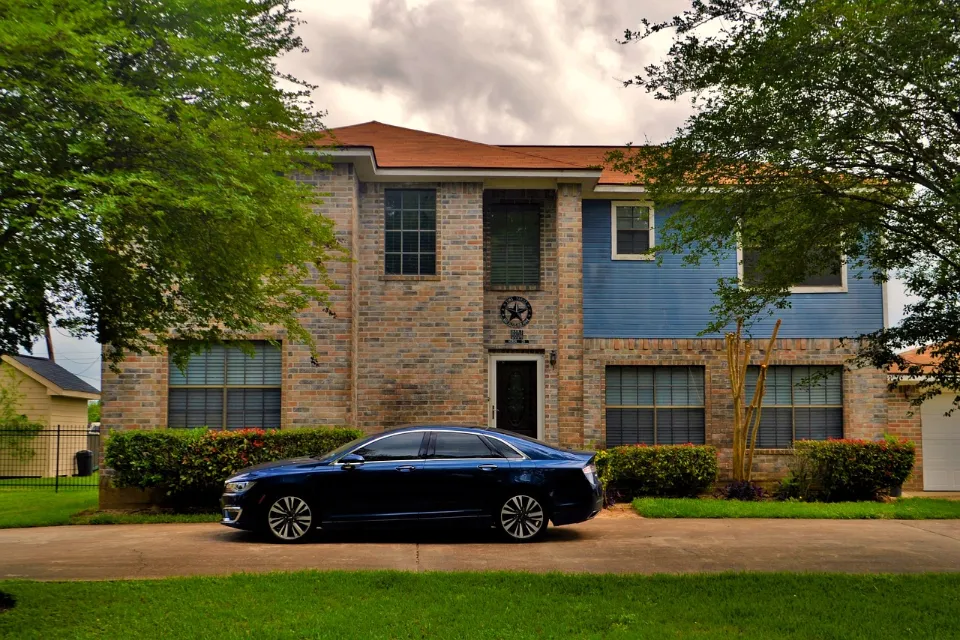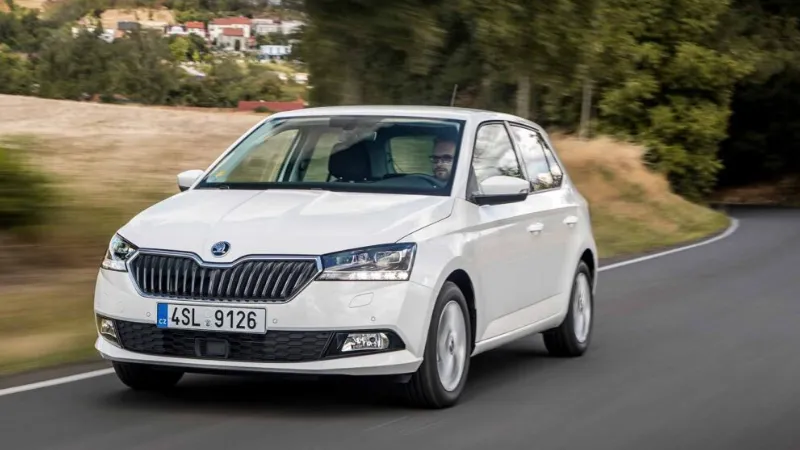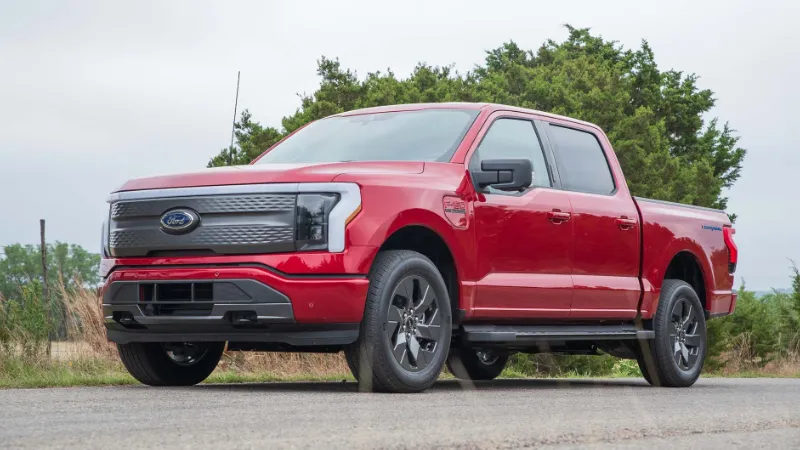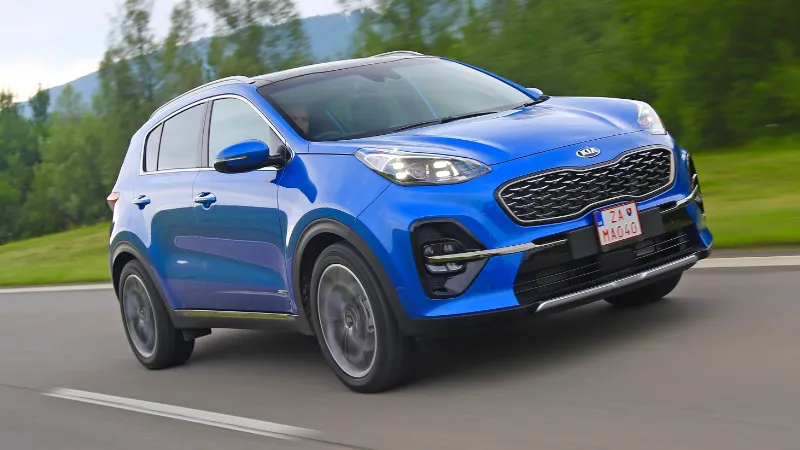The financing process can be intimidating if you’re in the market for a new car. But you can make the process much less intimidating if you arm yourself with knowledge and are aware of all the different steps. Below will answer how to get a car loan and common FAQs.
To get a car loan: you need to check your credit, determine how much to borrow and what you can afford, apply for auto loans from multiple lenders, get pre-approved through those lenders, and use your loan offer to set your budget…
Keep reading.
How to Get a Car Loan?
Here is the easy step-by-step guide:
Check Your Credit
Checking your credit report and score ought to be your first step. Your credit score, which ranges from 300 to 850, is a number that tells lenders how likely you are to pay back the money you borrow based on your borrowing history.
If you need to access your credit report, you can get it at no cost from each of the three major credit bureaus on annualcreditreport.com. Despite the fact that it excludes your credit score, this report will provide you with details about your payment and credit history. You can find mistakes and potential improvement areas by reviewing your credit report.
There are also many ways to get your credit score for free. When you check your account online or on your monthly statement, the majority of credit card companies will include it. Additionally, there are numerous websites that, in exchange for your registration for their services, give you access to free credit scores, such as Credit Karma.
The interest rate on your loan will be significantly influenced by your credit score. There’s no minimum credit score needed to buy a car, but the best rates go to borrowers with credit scores above 660. Knowing your credit score up front can help you tailor your lender search to your specific situation, and avoid any surprises as you start shopping.

Determine How Much to Borrow and What You Can Afford
When searching for a loan, it’s important to know what kind of car you want to purchase. You’ll also want to consider the following factors:
- The monthly payment. How much can you afford to pay each month?
- the maximum amount you can deposit. 20% down payment on a vehicle is the general guideline. Your monthly payment will be smaller the more cash you have available to put down up front.
- how long you’ll need the loan.Longer loans may reduce the amount you owe each month, but they could cause you to be “upside down” on your loan, a situation where the amount due on your loan is greater than the car’s value. Cars are notorious for depreciation, or losing significant value over time. To avoid an upside-down loan, choose a loan that is 60 months or less in length. Consider getting a cheaper car, putting down more money, or paying more each month if your loan is too long.
Apply for Auto Loans from Multiple Lenders
Once you’ve checked your credit, it’s time to look at auto loans and lenders, which can be categorized as:
- large U.S. banks like Bank of America and Capital One.
- banks or credit unions in your area.
- online lenders that only offer auto loans.
- Dealership financing, or through automakers’ “captive” lenders.
Even if you eventually want to use dealership financing, you should compare quotes from the first three categories of lenders first. If you agree to set up automatic loan payments from a checking account there, your own bank or credit union might offer you a preferred rate. You can also compare auto lenders online.
Check with each lender you seriously consider to see if you can purchase your vehicle directly from a private party rather than a dealer or broker. Some limit where you can purchase a vehicle.
Spend some time getting familiar with the terms used in car financing before you apply for a loan.

Get Pre-approved through Those Lenders
Apply for pre-approvals from your shortlist of lenders. A pre-approval is a bank’s way of conditionally expressing its willingness to lend to you. You are free to apply with as many lenders as you like, but you should contact a few to compare their interest rates.
Dealerships can also assist you with financing, but it’s a good idea to shop around first. It’s common practice for dealerships to mark up financing rates, so looking at different lenders could help you be sure that the dealership’s offer is the best deal.
Use Your Loan Offer to Set Your Budget
Your preapproval offers will state the maximum amount you can borrow, but that’s not the price of the car you can buy. For taxes and fees, you should budget an extra 10%. Use an auto loan calculator to design your loan. Enter your down payment, the trade-in value of your current car, and the loan terms to determine the monthly payment that best fits your budget.
If that payment is too high for you to bear, keep in mind that the preapproval offer is only a cap; you are free to borrow much less if you so choose. Even though the bank claims you can afford more, being able to comfortably make your loan payments is far more crucial.
Find Your Car
It’s time for the exciting part: choosing your new vehicle. You now have financing offers and know the highest car price you can finance.
To avoid disappointment once you have your heart set on a car, be sure to check the loan offers for:
- Brands that aren’t funded by all lenders. Some lenders won’t fund certain automakers or models, like electric vehicles.
- Dealership specifications. Some lenders, such as Capital One, require you to shop through a specific network of dealers.
- If you want to buy a car from a private seller, the lender’s requirements.
- Time restrictions. Most lenders give you 30 days to use the loan. Call the lender to extend the offer if you run out of time.

Review the Dealer’s Loan Offer
You may still be able to get an even better interest rate from the dealer after you’ve taken a test drive and found a vehicle that suits your needs.
Automobile manufacturers established their own banks that are only for dealership-based auto purchases, and they occasionally provided interest rates below the market average. The finance manager will probably try to undercut that rate once he learns that you have been pre-approved for a specific rate in order to win your business. Checking your interest rate range by applying is not harmful.
Additionally, be sure to let the salesperson know that you are already preapproved even if you don’t want to play the game. Tell the salesperson you are a “cash buyer,” so you can haggle on just the price of the car, not the monthly payment.
Choose and Finalize Your Loan
Congratulations! You can be sure you got a great financing rate if the dealership beats your preapproved rate (and the other terms are the same). You may reject your other offers and accept that loan. Just be sure to read the contract before signing, to confirm there’s nothing sneaky in the contract, like:
- You will pay sales tax, a documentation fee, and registration costs in addition to the price of the vehicle. Any extra costs should be questioned.
- a longer loan term; an extra 12 months could cost you hundreds more depending on the APR. Watch out for a better dealership rate at the expense of a longer loan.
- Add-ons you didn’t ask for, like gap insurance, which you can usually get cheaper elsewhere.
- a fee for early repayment. Although it’s best to double-check, most contracts for auto loans don’t have this.
If you choose to use your preapproved offer, complete your loan application as directed by the lender and complete funding. In some situations, a dealership representative will get in touch with the lender to start funding; in other situations, you will need to follow up with the lender yourself.
Private sellers are more likely to demand cash or a cashier’s check if you’re buying a car from them. You’ll need to contact the lender again and inquire about how to complete the transaction after making your choice of vehicle. Then, you’ll sign the paperwork. It’s still a good idea to check the contract for the items above, but you’re much safer from add-ons when you don’t finance through the dealership.
Make Payments on Time
When you set up an automatic payment, many lenders will reduce your interest rate slightly. When you set up automatic payments, funds will be automatically deducted from your bank accounts on a monthly date you choose.
You can set up autopay online or by calling your lender. Many lenders will let you know about rate discounts before and as you apply on their websites, or through the paperwork sent to you after finalizing your loan.
Buying a car is a big decision, but you can make sure you get the best terms possible by shopping around and prequalifying with different lenders.

FAQs
Is An Auto Loan Good?
Financing a car may be a good idea when: You want to drive a newer car you’d be unable to save up enough cash for in a reasonable amount of time. The interest rate is low, so the extra costs won’t add much to the overall cost of the vehicle. Your current or upcoming budget won’t be stressed out by the regular payments.
How Do I Figure Out My Car Payment?
To calculate your monthly car loan payment by hand, divide the total loan and interest amount by the loan term (the number of months you have to repay the loan).
Are Auto Loans Hard to Get?
Higher interest rates, car prices, and lending standards have made it more difficult for people to get car loans. You can increase your chances of getting an auto loan by increasing your credit score and down payment before looking around.
Can I Get a Car Loan With No Income?
The answer is yes, having a job is not a requirement to get an auto loan. But if you don’t have a job, getting approved is typically more challenging. There are some workarounds that can help you get approved for a loan when you’re unemployed, such as making a larger down payment and having good credit.
Summary: How to Get a Car Loan?
To get a car loan: you need to check your credit, determine how much to borrow and what you can afford, apply for auto loans from multiple lenders, get pre-approved through those lenders, and use your loan offer to set your budget…
When you’re in the market for a new car the financing process can be intimidating, so arm yourself with knowledge. And if you’re unsure of how much you can afford, check your credit rating before going to the dealership.
If you have any questions, please leave a comment. KV Auto tries to give you the best car industry information. Thank you for reading.
Read about





